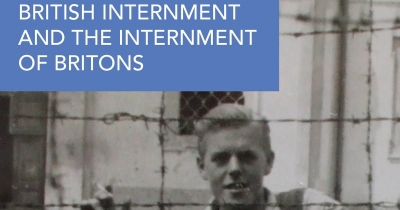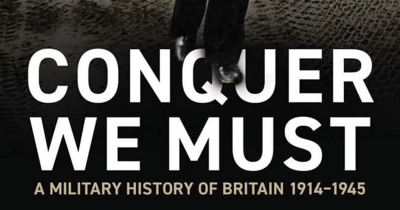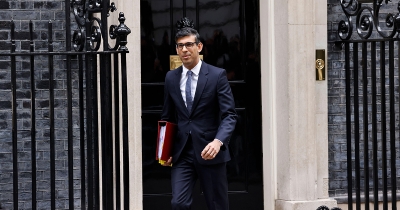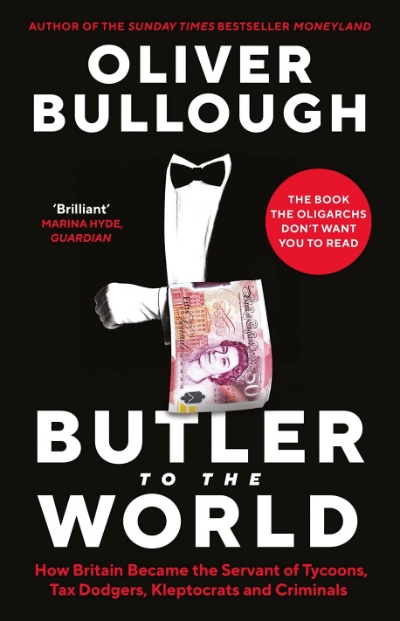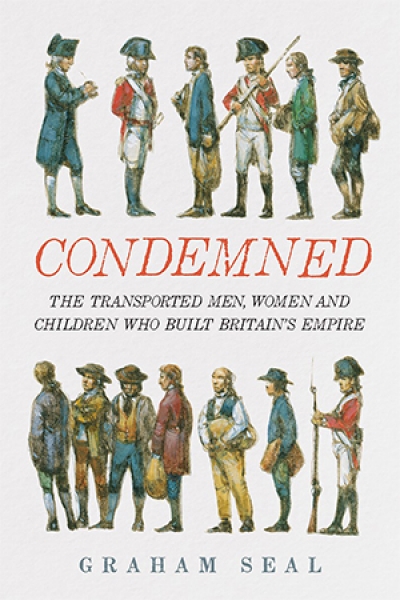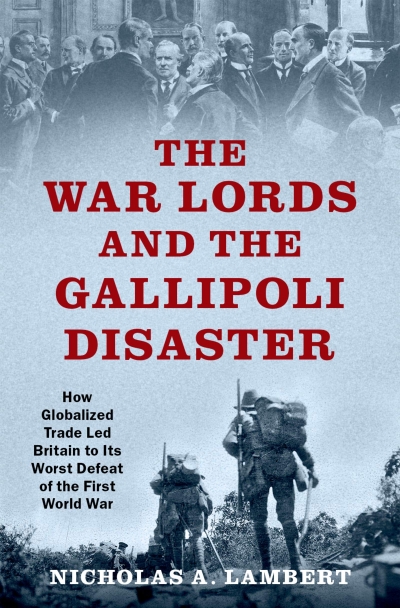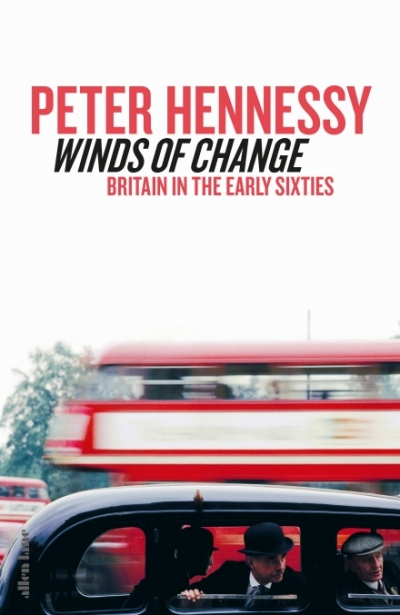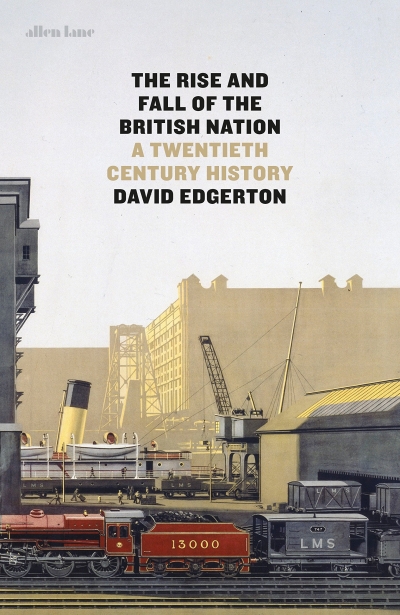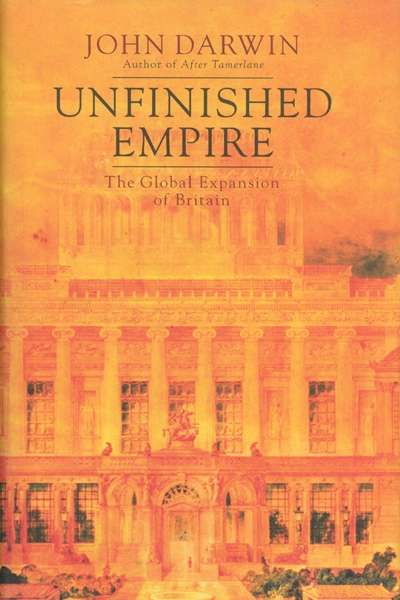Britain
British Internment and the Internment of Britons: Second World War camps, history and heritage edited by Gilly Carr and Rachel Pistol
Conquer We Must: A military history of Britain 1914–1945 by Robin Prior
It is a truism that all politics is performance. Successful leaders are frequently adept in the manipulation and deployment of scripts, props, stages, and costumes. To their credit, British politicians have worked exceedingly hard over the past year and more to explore the full range of theatrical genres. The vaudevillian moral vacuum of Boris Johnson’s government was reprised in recent weeks as Johnson put on a command performance, all wispy blond hair and faux indignation, for the Commons Privileges Committee. The unbelievable farce that ended his time at 10 Downing Street gave way swiftly to the burlesque-cum-tragicomedy of Liz Truss and her chancellor’s calamitous (not to say ironic) ‘mini’ budget. We seem to have arrived, in the efforts of Rishi Sunak and Keir Starmer to out-gravitas one another, at a sustained attempt to revive the long-lost tradition of the morality play.
... (read more)Butler to the World: How Britain became the servant of tycoons, tax dodgers, kleptocrats and criminals by Oliver Bullough
Condemned: The transported men, women and children who built Britain’s empire by Graham Seal
The War Lords and the Gallipoli Disaster: How globalized trade led Britain to its worst defeat of the First World War by Nicholas A. Lambert
In 2007, Britain’s Royal Mint issued a £2 coin commemorating two hundred years since the Act for the Abolition of the Slave Trade, the zero in ‘1807’ appearing as if a broken link in a chain. While interrupting the notorious transatlantic trade, the Act did not end slavery itself – that was achieved, at least in parts of the British world, with further legislation in 1833 that outlawed enslavement in the British Caribbean, Mauritius, and the Cape of Good Hope. Emphasis on the dramatic, if illusionary, chain-breaking moment in some bicentenary celebrations extended a tradition of dwelling on Britain’s role in slave emancipation.
... (read more)
